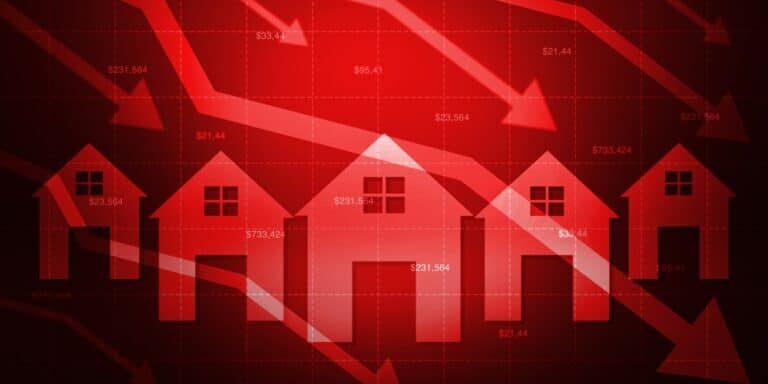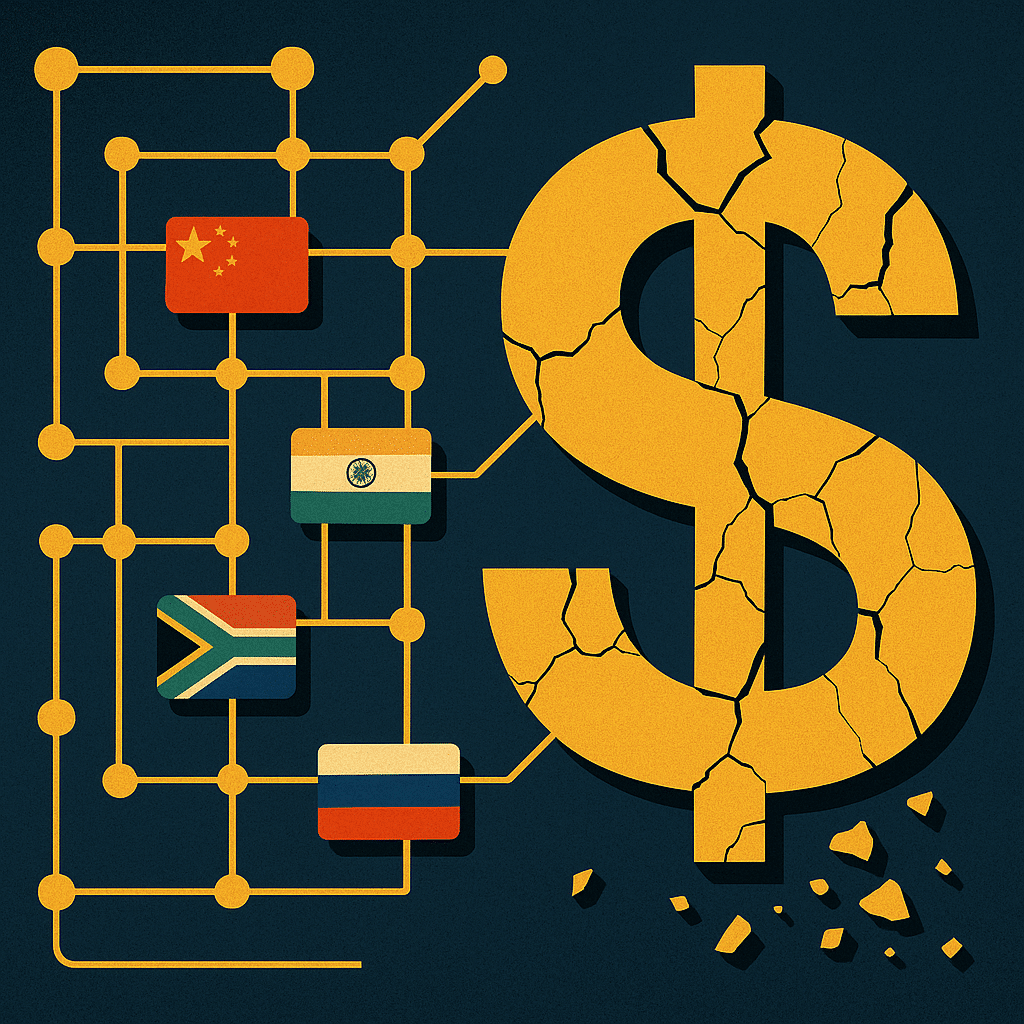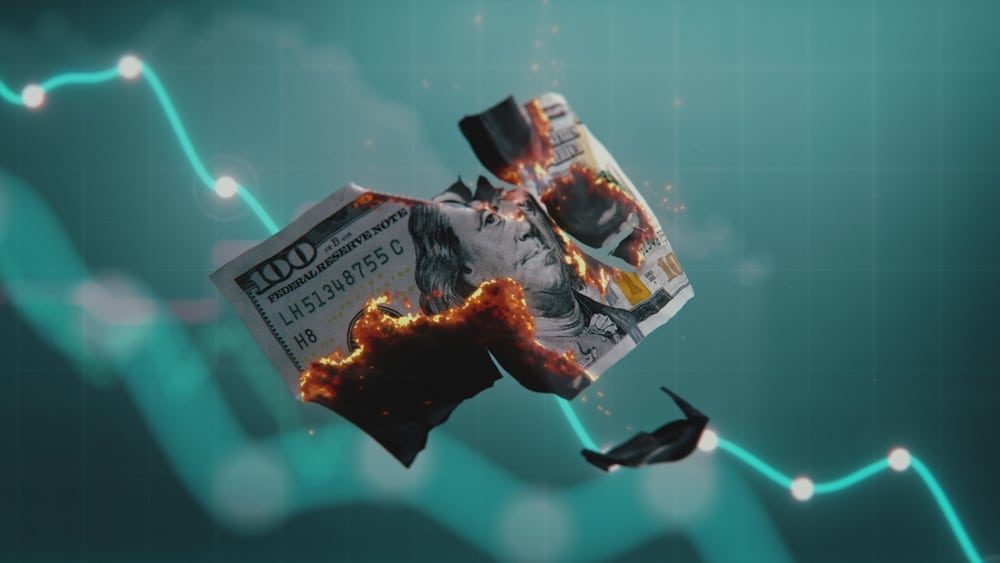
California's Real Estate Meltdown Signals a Larger Economic Breakdown
California’s Illusion of Invincibility Just Shattered
California — long paraded as the golden state of endless demand and indestructible property values — is now bleeding inventory and shedding illusions. New listings are piling up faster than buyers can vanish:
- Orange County: +50% YoY
- San Diego: +44%
- Los Angeles: +38%
- Riverside/San Bernardino: +38%
- Sacramento: +37%
- Fresno: +33%
- San Jose: +29%
- San Francisco: +21%
And despite widespread delistings, the market keeps getting flooded. Sellers are chasing ghosts. Buyers are disappearing into the fog of 7% mortgage rates and collapsing confidence. And agents — the same ones who were breathlessly selling the “immune” narrative two years ago — have suddenly gone mute.
This isn’t a correction. It’s a breakdown. And the ripple effect is already crossing state lines.
Housing Isn’t a Sector — It Is the Economy
If you still think the housing market is just about buyers and sellers, you're missing the big picture. Real estate is the linchpin of the American economy. When it cracks, everything attached to it splinters:
- Construction crews get sidelined.
- Appliance and furniture orders vanish.
- Local contractors — from roofers to pool cleaners — see their calendars dry up.
- Property tax revenues implode, hammering city and county budgets.
The illusion of a “soft landing” is dead. Short-term rentals like Airbnb and VRBO are also feeling the pain, as overleveraged investors who bet on permanent tourism watch their profits dissolve.
When you take the speculative cocaine out of the housing market, what’s left is a deeply unaffordable, hollowed-out industry teetering on the edge — a mirror for the broader U.S. economy.
If You’re Buying, Move With Purpose — or Don’t Move at All
Anyone thinking about jumping into this wreckage needs a clear-eyed strategy:
- Never pay asking price. These are not normal times — everything is negotiable.
- Always inspect. Skipping due diligence now is financial suicide.
- Know the terrain. Your zip code could be the next foreclosure epicenter.
- Walk away if it smells wrong. Emotional buyers are tomorrow’s cautionary tales.
The smart move might be no move at all. If you’re not forced to buy, waiting 6 to 18 months could save you tens of thousands — and a few ulcers along the way.
Holistic Preparation is No Longer Optional
This isn’t just about housing. It’s about surviving what comes next.
Financial collapse doesn’t just mean a lower 401(k). It means a rise in civil unrest, government overreach, and the kind of desperation that rewrites social contracts. That’s why your preparation must extend beyond your bank account:
- Financial: Cash on hand, physical gold and silver, crypto you can custody yourself.
- Physical: Get fit, get trained, and get off the couch. You are your own first responder.
- Mental: Strengthen your emotional spine. The propaganda machine feeds off fear.
- Practical: Food, water, power backups, medical gear. Check it now, not later.
And don’t just prepare once. Review your plans. Sharpen your tools. Get comfortable being uncomfortable. Because the American middle class is being quietly replaced — not by the poor, but by the powerless.
Don’t Get Caught in the Collapse
If you want real, actionable insight — not from a government mouthpiece or a TV cheerleader — then you need to read Bill Brocius’ End of Banking As You Know It. It's not theory. It's a roadmap.
You can also get our free survival guide:
7 Steps to Protect Yourself from Bank Failure
Or go straight to the source:
Join Bill’s Inner Circle for $19.95/month and get the intelligence you won’t hear on CNBC — direct from the man who’s been calling this collapse for years.
Your financial independence depends on what you do next — not what you’re told to believe.











